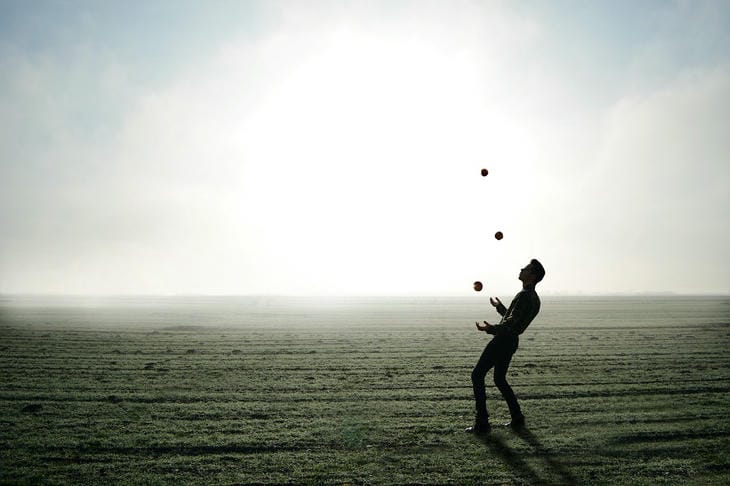Childhood is the time when we form our first ideas about the world, and many of them stay with us throughout our lives.
Some of these beliefs turn out to be wrong, but unfortunately their influence on our behavior and perception of reality can be significant.
In this text, together with psychologist Ksenia Matur, we will look at common misconceptions from childhood that prevent us from achieving what we want and living a full life.

Understanding these mistakes will help you free yourself from unnecessary limitations and open up new horizons for personal growth and happiness.
There is no room for error
Many children learn that mistakes are bad. This can lead to adults avoiding risks and new opportunities due to fear of failure.
In childhood, we are often told that mistakes are terrible, scary and fatal. In fact, mistakes are our experience, something that allows us to develop and enrich our experience with different options.
Love must be earned, love will not be given for nothing
From childhood, a child subconsciously learns that love does not come easy: it must be earned, deserved, and can even be lost as punishment for misdeeds.
As a result, children often depend on the opinions of their parents and peers, and as they grow up, they may continue to seek the approval and love of others, which prevents them from following their desires and goals.
Also, in the future, love becomes a subject of manipulation and a person is led by the partner’s provocations, when they tell him, for example, “If you love me, you will do this...” etc.
"People can't be trusted"
If a person was often deceived and betrayed by the closest people in childhood, if he did not feel safe, then there is no trust.
The child then grows up to be a distrustful, suspicious, pathologically jealous person.
The Myth That Adults Know Everything: Children may think that adults are always right and have all the answers. This can lead to a lack of trust in their own instincts and decisions.
If you didn't win, it means you're a nobody, a worthless person.
You always have to be the best. Parents show that they love their child when he makes progress or gets A's, and if he is not successful, then he is bad, not accepted by his parents and unloved.
The child is reinforced with the program "to be loved and accepted - I need to be the best, the first." And the worst thing for a child is to be rejected, unloved by parents, in childhood this is even comparable to death.
Prohibition of emotions and expressions
Many children do not learn to express their feelings correctly. As adults, this can lead to suppression of emotions or their incorrect expression, which negatively affects mental health and relationships.
For example, in childhood we often hear phrases like: “Good girls don’t get angry” or “Boys don’t cry”, etc.
Growing up, a person becomes insensitive, because it is impossible to turn off only some feelings, and experience others - all feelings are turned off. And we no longer get angry, and do not rejoice, and in general have lost the taste for life.
Recognizing the absurdity and negative impact of these misconceptions can help us grow and build healthier relationships with ourselves and others.

